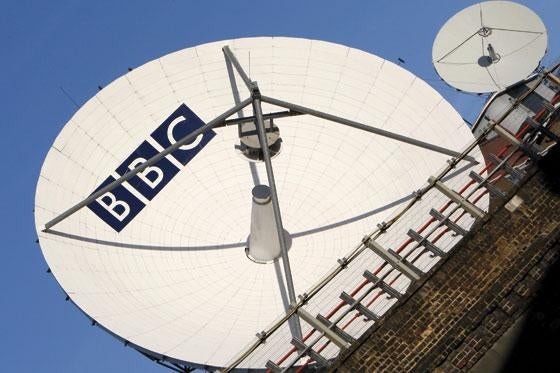
The Press Association and the Manchester Evening News have greeted the BBC’s offer to “do more to support the newspaper industry” with a degree of caution – asking the coporation for more information on how it would work in practice.
Shortly before Christmas, BBC director general Mark Thompson outlined a series of partnership proposals with other broadcasters and media groups to ease their funding concerns.
They include the potential sharing of non-exclusive video news footage on a pool basis.
But although the scheme was announced more than a month ago, the BBC confirmed today at the Television from the Nations and Regions conference in Salford that it has only held talks with ITV about the partnerships – and not the regional press.
Press Association head of content John Angeli asked the BBC’s head of English regions, David Holdsworth, for further details on exactly how the ITV partnership would work – and in what way newspapers would be involved.
“When you describe the possibility of sharing content, is that under some kind of pool arrangement that would then make it available to local papers or is it just a bi-partisan system?” he asked.
“I think we need to know a bit more about how the content side will work,” he added.
MEN Media managing director Ruth Spratt reserved judgement on the partnership plans and said the “devil [was] in the detail”.
“When you get into sharing resources and outside broadcast facilities it’s going to be difficult, who’s going to break the exclusive story – who’s going to get it first?” she said.
ITV executive chairman Michael Grade revealed in a Daily Telegraph comment piece last week that he had been in talks with the BBC about a partnership – potentially sharing facilities, technology, buildings and some content.
ITV director of news, current affairs and sport Michael Jermey told today’s conference: “If we go down this route, and it is an if, the intention would be that we can sustain regional news of quality and of scope for longer than we can now.
“We’ve guaranteed our current structure until 2012. I think this would be a good example of looking for a sustainable model. We’d still be investing heavily in regional journalism.”
The BBC’s head of English regions, David Holdsworth, said it did not make sense for both the BBC and ITV to send satellite trucks and camera crews to every story.
“We’ve considered the idea of diary-based pictures and whether there’s a way that ITV could contribute to a picture pool arrangement,” he said.
“Two cameras next to each other at the same press conference recording the same pictures is a relatively wasteful spend.”
Holdsworth stressed that although the BBC had only had conversations with ITV so far, opening up the talks to other media groups, including the regional press, was not an “impossible hurdle”.
“There’s no reason that I can see why other players couldn’t join such a picture pool,” he said.
He later added: “With each different partner there will different hurdles to cross. The spirit of wishing to set up some kind of arrangement could extend to any partner.”
Email pged@pressgazette.co.uk to point out mistakes, provide story tips or send in a letter for publication on our "Letters Page" blog
